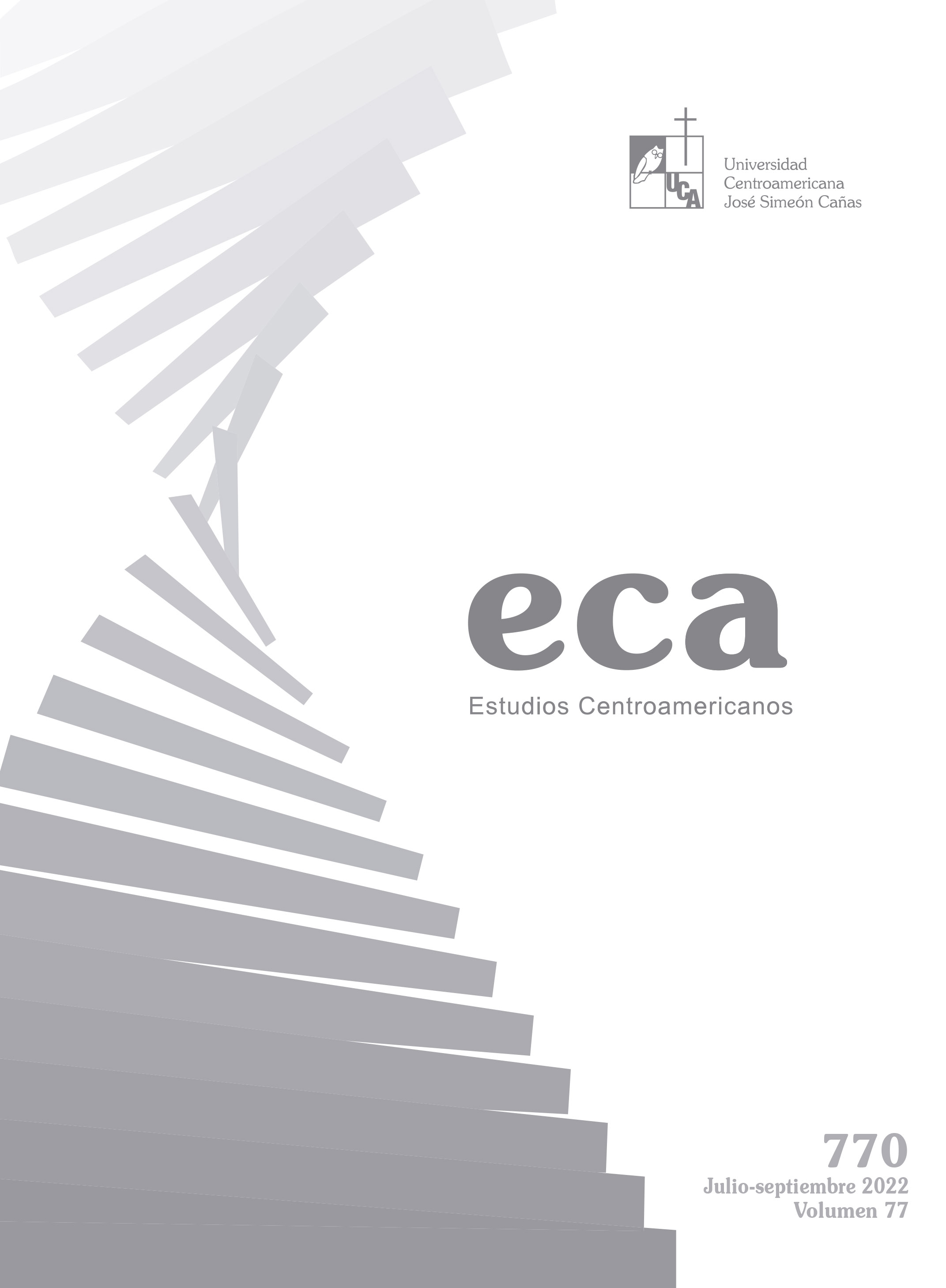Abstract
Medical anthropology has studied the human suffering caused by diseases as part of its interest in knowing the different ways in which we respond to these experiences. One of the important findings of this discipline has been the discovery that human beings create narratives of these experiences of suffering, as a way of making sense of them and moving on with our lives (Kleinman, 1988). This article proposes that not all narratives necessarily produce “meaning” about illness; Also, there are certain narratives that, far from creating a “domesticate” version of suffering, seek to emphasize the meaninglessness of the experience, especially when the trajectory of the disease is determined by institutionalized inequities. The foregoing is observed in the description of their illness made by two seriously ill women with COVID-19. In their narratives, it can be seen that the reckless decisions that the health system made about their illness caused these women to face additional risks that they normally would not have had if: they had had an accurate early diagnosis, if they had had the necessary resources for immediate care, and if they had considered their particular vulnerabilities.
ECA Estudios Centroamericanos, Vol. 77, No. 770, 2022 : 23-33.

This work is licensed under a Creative Commons Attribution-NonCommercial-NoDerivatives 4.0 International License.
Copyright (c) 2022 ECA. Estudios Centroamericanos






